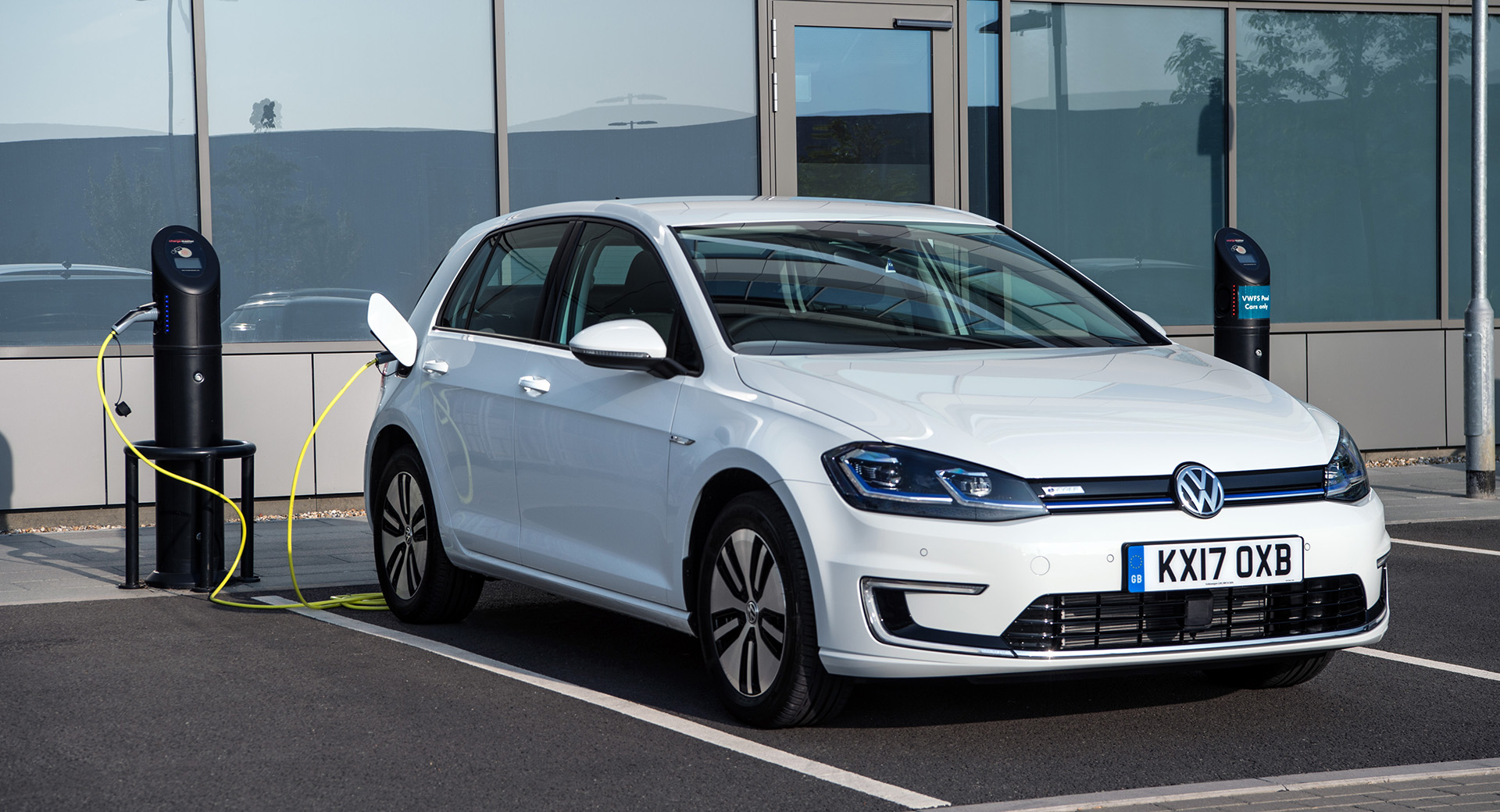Canada and and a number of states in the USA such as California and Massachusetts have already committed to phasing out sales of new fossil-fuel-powered vehicles by 2035 (with the U.S. government also planning to end ICE vehicle purchases), and now lawmakers in Europe are backing a similar plan for the continent, which not only includes standard diesel and gasoline, but e-fuels as well.
According to Reuters, the European Parliament’s environment committee supported the proposal to cut emissions 100% by 2035, effectively banning new gasoline and diesel car sales.
The proposal was put forth by the European Commission in July of 2021 as part of the continent’s plans to have net zero emissions by 2050, on the basis that vehicles usually last between 10 to 15 years on the road after they’re built.
Read: Porsche Invests An Additional $75 million Into Synthetic eFuels To Keep ICE Alive
The committee did not back proposals to toughen vehicle CO2 emissions targets by the end of the decade, which could have seen a 55% cut compared to 2021 levels by 2030. The proposal would likely have watered down the 2035 goal.
The European Parliament will vote on the proposal in the coming months, with the details to be ironed out if/when it becomes law. Around 25% of CO2 emissions in Europe come from transport, which means a shift toward electric vehicles would provide a significant decrease.
No Exceptions For e-Fuels
It appears that there won’t be any exceptions to the rules either, such as climate-neutral e-fuels. According to the German publication the “Handelsblatt”, a compromise proposal from France that currently holds the Council Presidency does not contain any exceptions to the switch to electric vehicles.
Porsche has been working on an e-fuel for a few years, but this new proposal wouldn’t allow the technology as a loophole to the 100% emissions decrease, despite it being carbon-neutral.
The proposal had received pushback from Italy, which is the home of Ferrari and Lamborghini and thus fire-breathing ICE machines. The country had initially hoped for some loopholes for small supply manufacturers but eventually gave in to the plan. France had also fought for hybrid vehicles to be excluded, but the mild emissions reductions of those vehicles will likely mean they won’t be allowed, either.
Many automakers have already jumped on the electric bandwagon and announced that they would go completely emissions-free by 2035, but not without expressing concerns that a supporting charging network is key to the success of EVs.
Correction: A previous version of this story erroneously implied that the U.S. as a whole will ban ICE vehicle sales by 2035. Currently, a number of states, including California, New Jersey, Massachusetts, New York and others, have announced plans to effectively ban the sale of new fossil-fueled cars, while the U.S. government has said it will end purchases of gas-powered vehicles by 2035.




